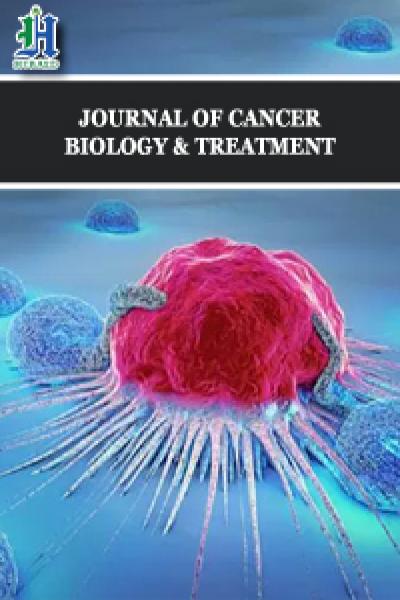
Chemotherapy
Chemotherapy is a cornerstone of cancer treatment, involving the use of cytotoxic drugs to kill or inhibit the growth of rapidly dividing cancer cells. It is widely used as a primary, adjuvant, neoadjuvant, or palliative therapy across various cancer types. While effective in many cases, chemotherapy often causes systemic side effects by affecting healthy proliferating cells, leading to toxicity in tissues such as the gastrointestinal tract, bone marrow, and hair follicles. Advances in chemotherapy include the development of novel drug classes, combination regimens, and optimized dosing schedules to enhance efficacy and reduce toxicity.
Drug resistance whether intrinsic or acquired remains a significant challenge, driving the need for personalized approaches and predictive biomarkers. Emerging strategies such as liposomal delivery, antibody-drug conjugates, and Nano carrier-based platforms aim to improve targeting and reduce off-target effects. Chemotherapy is increasingly integrated with immunotherapy, radiation, and targeted therapy in multimodal treatment plans.
We accept submissions on novel chemotherapeutic agents, mechanisms of drug resistance, pharmacogenomics, and innovative delivery systems. Studies focusing on improving patient outcomes, minimizing adverse effects, and understanding the molecular basis of chemotherapeutic response are particularly valued.

